My position on this issue is right in the middle - that the universe maintains a balance between determinism and free will. We don't have as much free will as we like to think that we do, but at the same time all of our actions aren't laid out for us in an immutable pattern. What our environment does is provide a series of constraints within which we act, and those constraints are many. As an obvious example, I can't just leap up into the air and fly without any technological assistance no matter how much I might want to, and as a less obvious example my talents and interests are fundamentally shaped by my genetic makeup, upbringing, and socioeconomic class.
As a Thelemite I naturally refer back to The Book of the Law: "Also reason is a lie; for there is a factor infinite & unknown; & all their words are skew-wise." As I see it, the deterministic elements of the universe are fully amenable to reason as they interact like the components of a gigantic machine, but this factor "infinite & unknown" is the individual will. It is infinite because it is present to some degree in all manifest consciousness, human and otherwise, and unknown because it depends fundamentally upon individual choice and is not predetermined.
Most of Jason Miller's criticism on Strategic Sorcery is directed at people who say "everything happens for a reason" in response to disasters and other terrible events. I agree with him that what people usually mean when they say this is nonsense intended to comfort survivors with little basis in fact. The outcome of these situations depend on all sorts of factors that can be worked out after the fact, but which can't be reasoned out ahead of time because of the lack of information. They are "reasons" in a sense, and part of the harmonious interactions of nature that depend heavily upon causality, but there is no "higher purpose" to them.
Let's say that you are one of the few survivors of a plane crash. You may very well have survived because when the booking agent asked if you would prefer an aisle or window seat you said window, which resulted in you being placed in a seat on the plane that happened to survive the crash undamaged. The choice was fundamentally yours to make. Either that, or it was somebody else's if you chose not to make it, like the booking agent who assigned your seat. You can follow it back further, too. Maybe the engine on the plane failed because a mechanic decided that one more test wasn't necessary. Maybe some airline manager decided to okay a dangerous cargo that exploded during the flight (remember the ValuJet crash?).
Frater BH touches on a different point that is important. "Meaning" as it is generally understood is imparted by the observer and is not pre-existing. So we can choose to find meaning in anything as long as we keep in mind that this meaning is our own creation. This is one of the big differences in my experience between magicians and non-magicians - those of us who practice tend to be mindful of this. In fact, a case could be made that what a magician is really doing when casting a spell is that he or she is attempting to change the behavior of an object by imparting a new meaning to it through the application of concentrated will.
At the same time, even for magicians the meaning that we choose to impart is not nearly as open-ended as one might imagine. Psychologists believe that personality is about 70% genetic and some have suggested that most of the environmental influences are in place by ages 3 or 4. Most people are heavily conditioned by society and their interpersonal experiences to create meaning in a particular way, which is why it is so important for any magician to be mindful of his or her conditioning. The more conditioning we eliminate the more free will we have, but even so the genetic constraints are difficult and often impossible to alter.
Rufus Opus believes in predestination and claims to be a Calvinist, so on this issue I would have to say that I disagree with him the most. Calvinism has never made very much sense to me, even back when I was growing up Lutheran. About the only way you can structure it coherently is to propose that since God is timeless he knows that choices we will wind up making before we make them. However, it does not necessarily follow from that premise that we lack free will. Under the "timeless" model God doesn't necessarily decide what we do, he just knows. As with the airline seat, we lack the knowledge of our future choices and their full consequences so from our perspective they are still "free." In fact, if you were ever granted such knowledge, you could go ahead and create a paradox just for fun.
Rufus does bring up the good point, however, that people are not blank slates. You can't turn someone without any aptitude into an effective magician no matter how hard you work or how interested they are. Magick seems to be something we are born with, and like any great artistic talent it confers both ability and the drive to use it. Most of us who are magicians can't even imagine what our lives would be like without it, and something within us drives us to do magick the same way most great visual artists are driven to paint or great writers are driven to write. We choose how we express this drive in terms of specific technical practices, but the drive itself is less a choice than a fundamental part of us.
In the end, the statement that "things happen for a reason" is often made to explain away a situation that seems fundamentally unfair. The thing is that fairness itself is a human construct. Not only that, the "just world assumption" as psychologists call it seems to be pretty ingrained in most people. I'm sure that it was a survival advantage back in the days of hunter-gatherer societies and limited resources simply because a person with a strong sense of fairness would be less likely to be taken advantage of by others, but it is a fundamental error to impart to it any validity above and beyond your own personal assignment of meaning. Physics is not "fair," so why should the universe as a whole be any different?
I'll wrap this up with a quote from one of my favorite science fiction series, Babylon 5, because it seems appropriate. The character speaking was Marcus Cole, an individual who had encountered much personal tragedy over the course of his life.
"You know, I used to think that it was awful that life was so unfair. Then I thought, wouldn’t it be much worse if life were fair, and all the terrible things that happen to us come because we actually deserve them? So, now I take great comfort in the general hostility and unfairness of the universe."
Words to live by indeed.












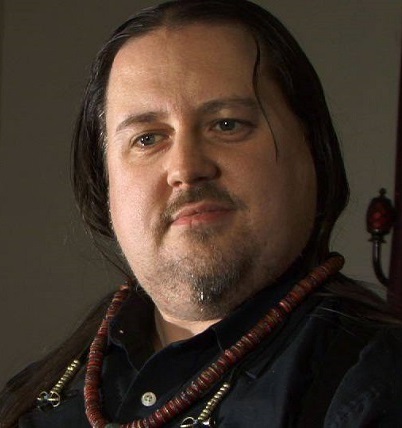

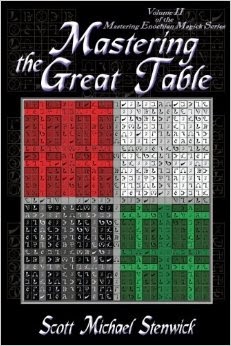

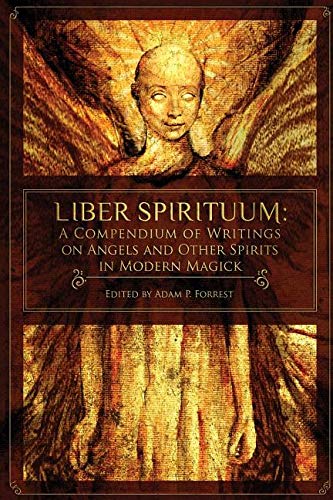


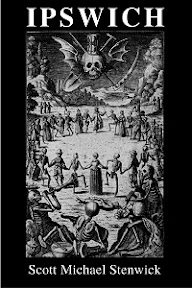
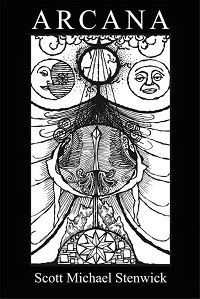

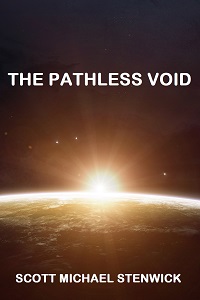

No comments:
Post a Comment